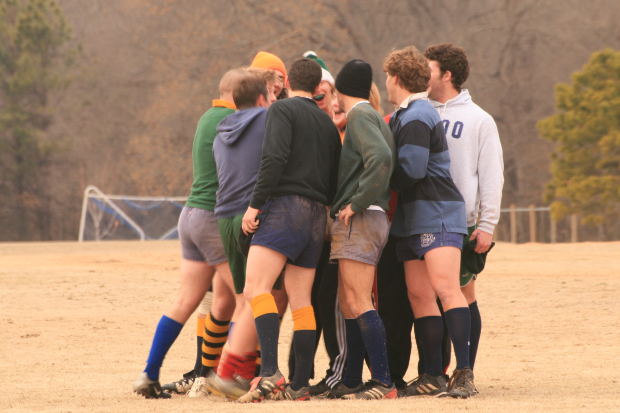
Practice makes perfect (sense)
In a recent tragedy, several children died. The crisis team of a long-term client swung into immediate action. Within 45 minutes, the client’s response was prepared. Genuine messages of condolences, tributes on site, staff counselling and more. The team worked seamlessly, each knowing their role, and no one needed to refer to their crisis manual.
It’s an age old saying ‘practice makes perfect’ but practice may end up saving far more than just your organisation’s reputation and relationships. It is simply not enough to have a crisis response plan. To be effective an organisation’s crisis response team must be so familiar with its contents that the response is innate, instinctive and second nature.
When a crisis occurs, every minute is valuable; you can’t afford to waste time brushing up on crisis response processes or establishing who’s in charge of what task. It is a simple science, the more you practice the better you become and this rings true for crisis management. Just like a sports team training and practicing for the big game, an organisations crisis response team needs to be constantly practicing and preparing. This will ensure they understand what is required to efficiently manage an incident or crisis and improve their ability to work and communicate together.
My experience continually shows that an organisation who knows its crisis response policy inside out and back to front will continually respond/perform more effectively and efficiently than an organisation that simply has a manual on file. Recently I heard a report that 70 per cent of aeroplane crashes occur when the cockpit crew are flying together for the first time!
It may seem like a simple and obvious statement, so why aren’t more organisations listening? At an international conference, the overwhelming response was lack of management commitment. Always too busy!
What is your organisation’s level of crisis management preparedness and response and when was the last time you ran a training or simulation exercise?
By David Hawkins, Managing Director

